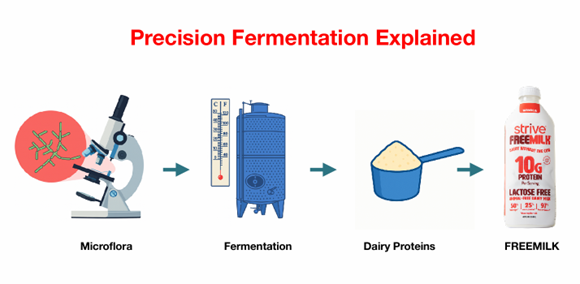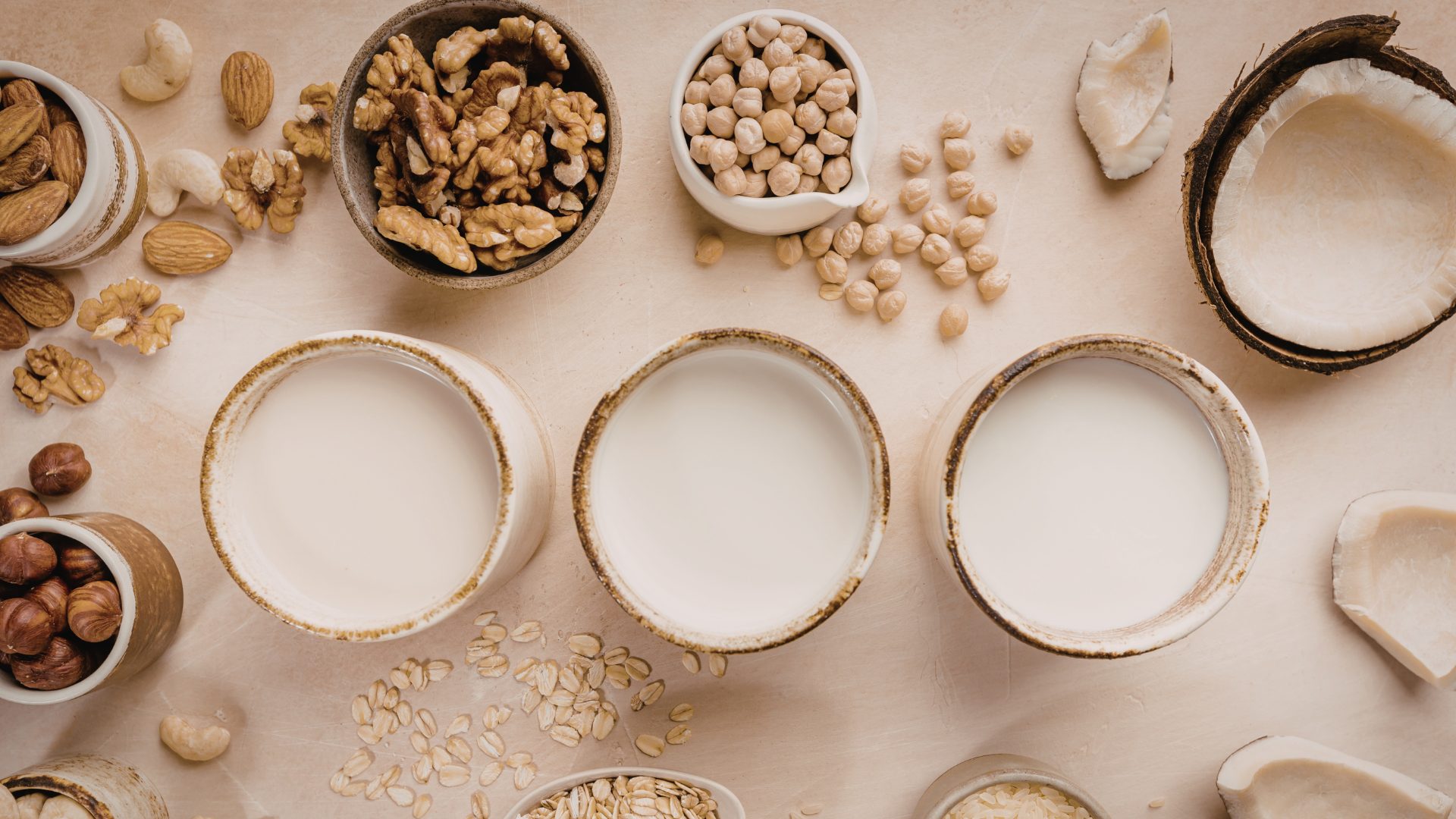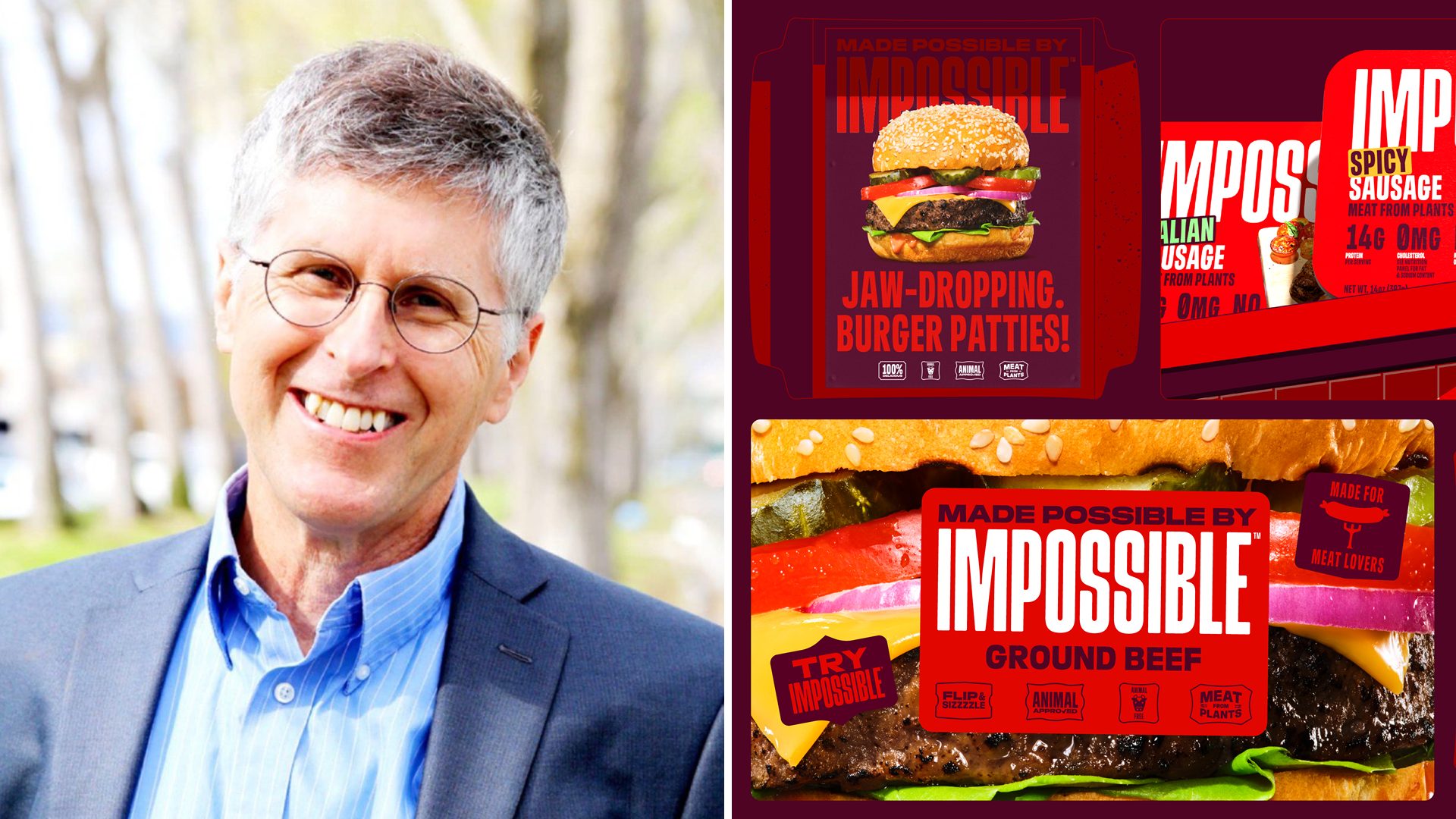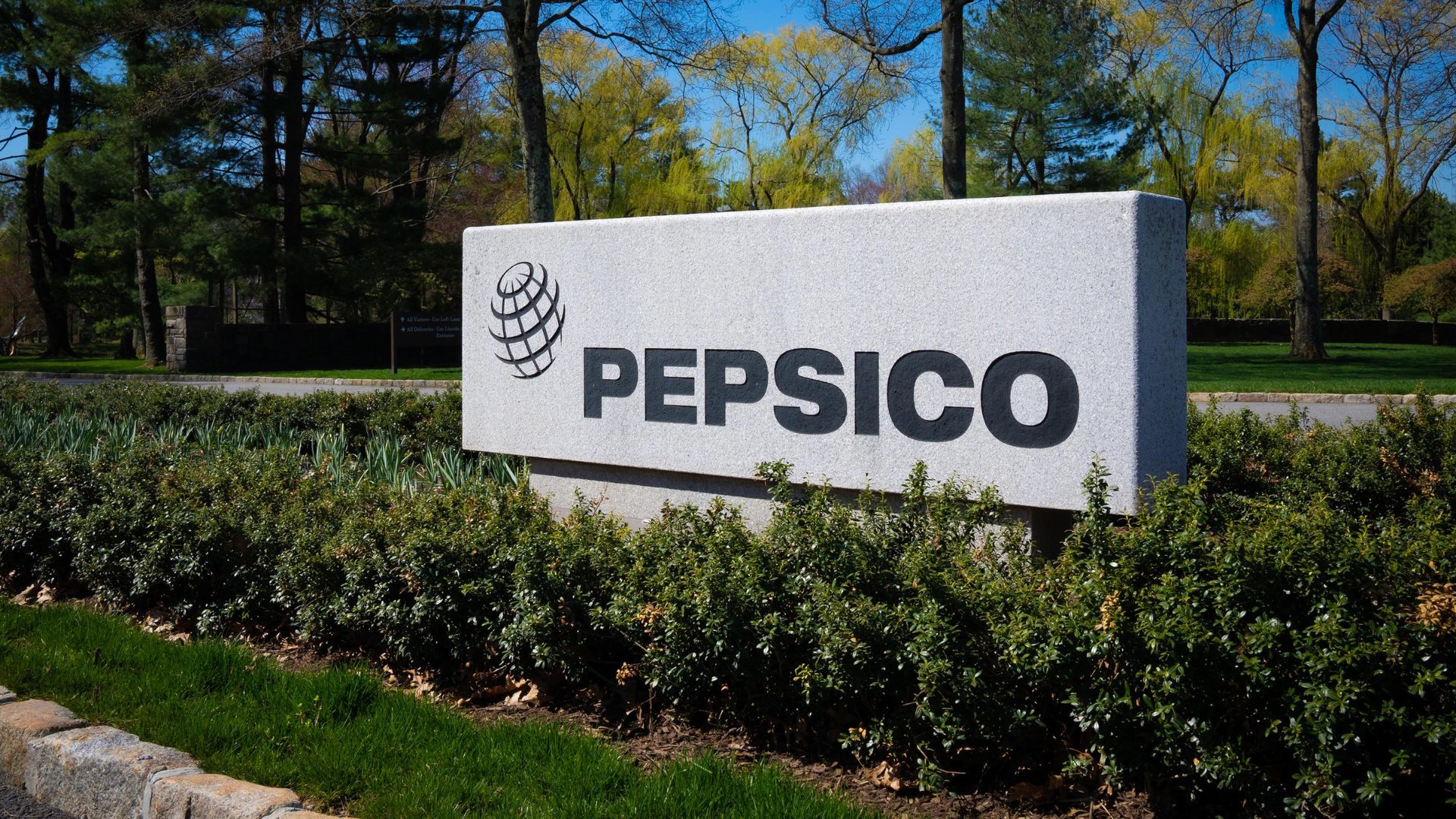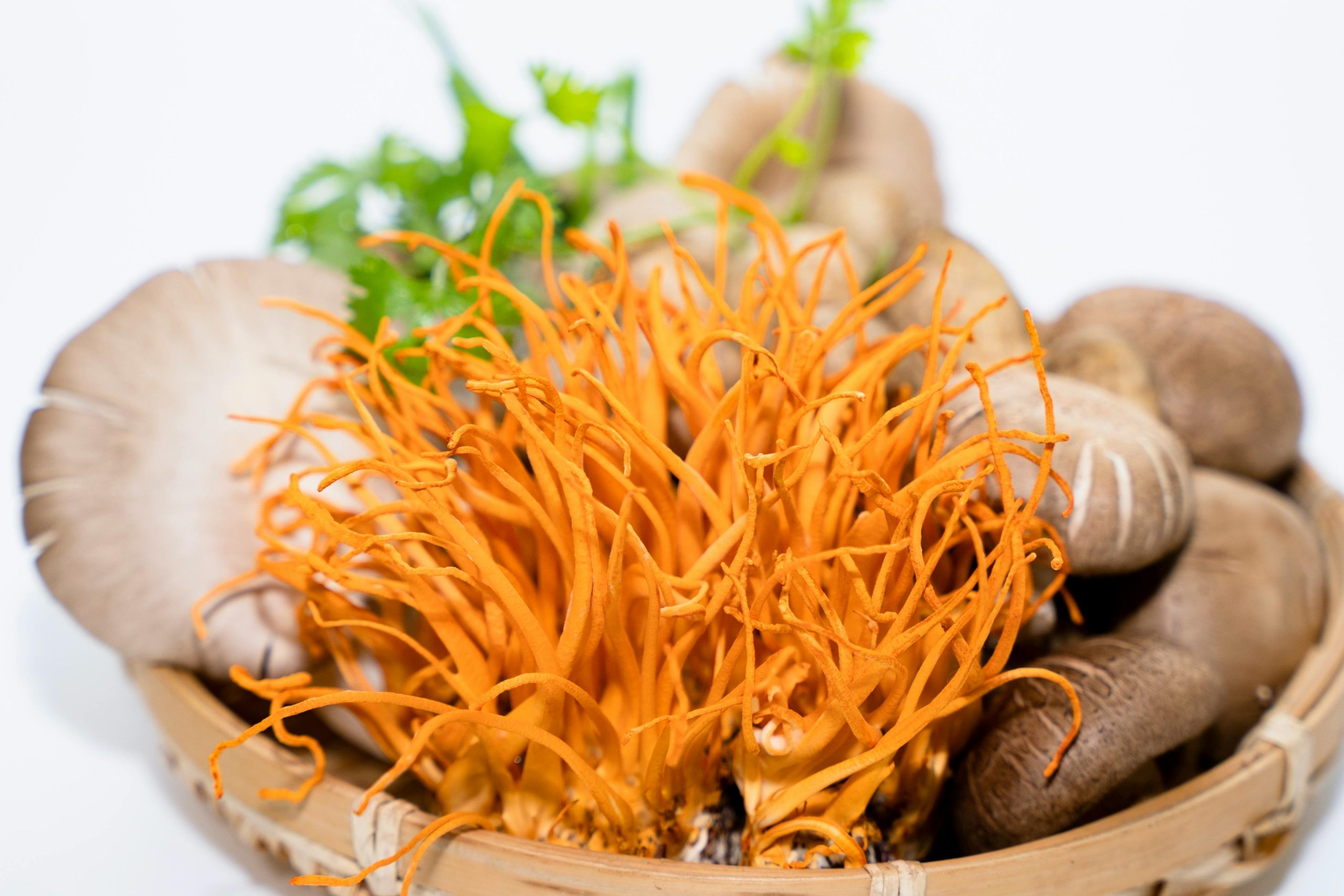Around one-third of Americans are lactose intolerant, according to the NIH. However, the rates significantly vary across cultural demographics. While lactose intolerance affects around 15% of Caucasian Americans, it impacts approximately 75% of Black Americans, 50-80% of South Americans, 90% of Asian Americans, and nearly 100% of Native Americans.
As a result, the demand for lactose-free alternatives is growing – and technologies like precision fermentation have been fueling innovation within the category, leaving lactose-intolerant consumers with more options than ever before.
Strive Nutrition, a family-owned company based in Wichita, Kansas, produces one such option, Strive FREEMILK. The product features whey protein made through precision fermentation – no cows required – and is available in whole and chocolate varieties.
Mikey Cohlmia, chief creative officer at Strive, sat down with The Food Institute for a Q&A session regarding the product.
Is Strive FREEMILK considered a plant-based milk?
No. Strive is real dairy – it contains the same dairy proteins found in cow’s milk but is made without animals. Unlike almond, oat, or soy beverages, Strive delivers the same taste, texture, and functionality as traditional milk because it is dairy at the protein level.
Is it “lab-made” or GMO?
The microflora used in precision fermentation are genetically engineered to produce dairy proteins, but the final protein product in Strive is identical to the one found in cow’s milk. The microflora never make it into the final product – only the pure dairy protein.
How is it made if there are no cows involved?
Strive uses precision fermentation, a process where microflora are programmed to produce dairy proteins identical to those from cows. These proteins are then combined with other ingredients to create dairy products – just without the cow.
Is Strive FREEMILK safe for kids and lactose-intolerant consumers to consume?
Yes, Strive is lactose-free and follows all applicable food safety standards. However, for specific questions regarding dietary needs, consumers should consult their healthcare provider.
What about individuals with milk allergies?
No, because Strive contains dairy proteins, it is considered a milk allergen and not suitable for people with milk allergies.
Does Strive produce its own whey protein?
Currently, Perfect Day supplies our whey protein, but we have plans to eventually produce that ourselves.
How does Strive FREEMILK compare to traditional dairy in terms of nutrition?
With 10 grams of protein per serving, Strive provides more protein than regular cow’s milk (8g). It also contains half the sugar (6g vs. 12g) and less saturated fat (1g vs. 5g).
How does this product compare to traditional dairy regarding sustainability?
Precision fermentation produces dairy without raising cows – reducing methane emissions, land use, and water consumption, while avoiding the inhumane treatment of animals.
Is its packaging eco-friendly?
We are packaging Strive initially in Tetra Pak containers, which are made from 67% renewable materials and only 33% fossil-based plastic. They’re also 100% recyclable.
Where can consumers purchase Strive FREEMILK?
Strive FREEMILK is sold on Amazon, the brand’s website, and at select retailers in Kansas City, such as Hy-Vee, Hen House, and Price Chopper, as well as in markets all over New York City. It’s also served in over 30 Joe Coffee locations in NYC as the cold foam of choice.
Does Strive have any new flavors or products in the works?
Several innovations are underway, including a coffee product that will be launching soon.
Food for Thought Leadership
Is the future of flavor increasingly borderless? Valda Coryat, vice president of marketing for condiments and sauces at McCormick, reveals how curiosity powers McCormick’s flavor foresight, why segmentation by “flavor personality” matters, and how flavors are becoming more culturally driven.



